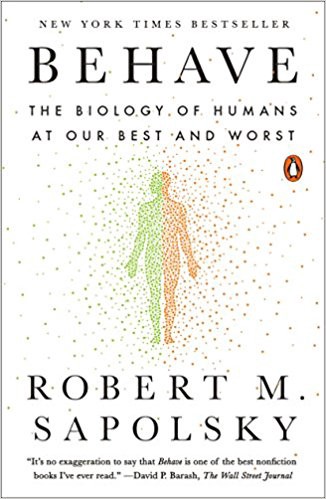
If you?re anything like me then you have a thirst for knowledge and consume a lot of content, whether it be through books, audiobooks, podcasts, blog posts, keynotes, conversations or a combination of all of the aforementioned. And if you?re anything like me you wish you retained more of what you actually consumed so that you could easily recall it later, either to support your work or a conversation you are having.
I have previously published an article on learning how to learn in which I detailed some of the different methods I use to retain more of what I consume which included techniques like typing out the notes I highlight in a book, incorporating what I?ve learned into a blog post, otherwise teaching others what I?ve learned and best of all, applying what I?ve learned.
However, while the aforementioned techniques all work really well for remembering bits and pieces of a book for example, it didn?t help me to retain all of the key points. So I?ve decided to start writing book summaries, not only to aid my own learning and retention of key pieces of information, but also to help you accelerate your learning.
While I am definitely not at the level of some autodidacts I know, during a typical year I read about 40 books, listen to about 20 audiobooks, listen to at least 500 podcast episodes, read countless blog posts and have over 100 conversations on my podcast with thought leaders in their field.
As such, I hope to bring you a lot of value by doing these books summaries, which will also be available on my podcast.
I?ve decided to kick things off with neuroendocrinologist Robert Sapolsky?s 2017 book, Behave: The Biology of Humans at Our Best and Worst, which has been the best book I?ve read this year by far. I distilled the 680 page book into 40 Google Doc pages of notes and now aim to further distill some of the key points into this blog post for your consumption.
The one thing I absolutely loved about this book is that it clearly demonstrates how taking sides in life is fraught with folly. Time and time again throughout this book Sapolsky will point to various studies and arguments that convince you of one position, only to pull the rug out from underneath your feet with an equally compelling counterargument.
Becoming more comfortable with the notion of ?strong opinions, weakly held? and seeking out information not only to prove or validate your view but also to discredit and invalidate it, will lead to the ?more right? solution. However, when it comes to almost anything, we can almost never say we are absolutely right because there are so many potential variables and bits of information that we?re just not taking into account.
We can only ever make the ?most right? decision in the moment based on the information that we have at our disposal, how we choose to interpret that information, what our goals are and over what period of time we wish to achieve them.
? –

Author: Robert Morris Sapolsky (born April 6, 1957) is an American neuroendocrinologist and author. He is currently a professor of biology, and professor of neurology and neurological sciences and, by courtesy, neurosurgery, at Stanford University. He has appeared on the Joe Rogan Experience.
Length: 680 pages
Premise: The book aims to answer, or at least help us to better understand the possible answers to the question, ?why did the chicken cross the road?? The chicken of course is proverbial for us, human beings.
Rating: 11/10 (yes, in the immortal words of Spinal Tap?s Nigel Tufnell, this goes up to eleven!)
Key Learnings
In this age of left versus right, Behave warns against labels. Putting facts into nice, cleanly demarcated buckets of explanation has its advantages, says Sapolsky. It can help us to remember facts better but it can wreak havoc on our ability to think about those facts and form our own opinions.
Building on the previous point and in line with the notion of ?strong opinions, weakly held?, the book clearly demonstrates that depending on one?s academic or wordly leanings, their views will vary significantly. If you asked a neuroendocrinologist why the chicken crossed the road, it?s because of oestrogen levels making it more responsive to male signalling, a bioengineer would say that the long bone in the fulcrum of the chicken forms a fulcrum for her pelvis, allowing her to move forward, whilst an evolutionary biologist would say that over the course of millions of years chickens that responded to search gestures at a time that they were fertile left more copies of the genes.
Sapolsky encourages us to always think in this interdisciplinary way.
Our behaviours are influenced by a multitude of factors, some that happen seconds before the action takes place to thousands of years before. For example:
- A second before: neurological
- Previous seconds to minutes before: environment and sensory stimuli
- Hours to days before: hormones
- Thousands of years before: genetics
Fact: The opposite of love is not hate. It is indifference. Love is the lighting up of dopaminergic reward systems in the brain. The absence of such brain activity is not hate.
The brain regions most central to the book are the amygdala, the frontal cortex, and then dopamine system.
Regions of the brain:
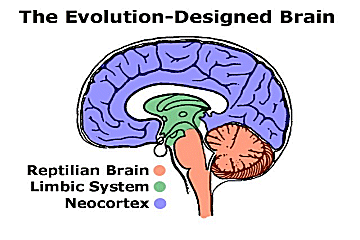
- the lizard brain (automatic regulating functions)
- the limbic system (emotions); and
- the frontal cortex (working memory, reason, cognition, gratification postponement).
The frontal cortex:
- Key behaviour influencing regions of the frontal cortex are:
– ventromedial prefrontal cortex/vmPFC (emotion); and
– dorsolateral prefrontal cortex/dlPFC (logic)
They are perpetually in battle for domination.
The frontal cortex isn?t totally online until someone is in their mid-20s!
The reason we can have dreams that in everyday life would be deemed insane is because that while we are in REM sleep, the frontal cortex goes offline and as Sapolsky puts it, script-writers run wild!
On willpower: it is not a made up thing. It is a reflection of cognitive load. Make the frontal cortex work hard and its capacity to make good decisions declines. Interestingly enough, Sapolsky found that otherwise liberal thinkers are likely to make conservative decisions when cognitive load is high.
Dopamine
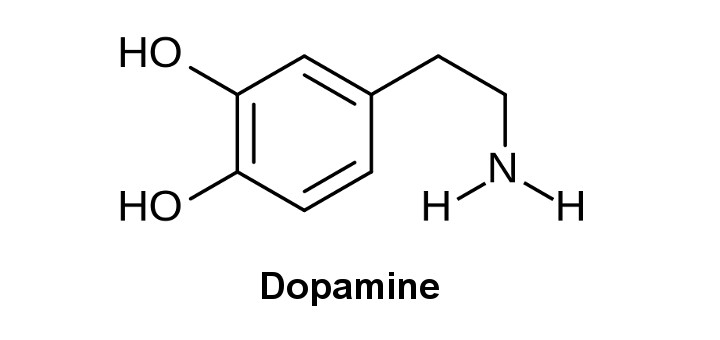
The dopaminergic system is about reward (which is why our smartphones can be so addictive). Blunted dopamine receptors is the inability to feel pleasure which can lead to depression. Similarly, it can also force us to ?chase the dragon? of days gone by by seeking out a greater intensity or frequency of activity. ?Hello third ecstasy pill!?
As human beings, the more frequently we consume, the hungrier we get (see chasing the dragon above).
On the uncertain environment we find ourselves in; well calibrated risks are said to be addictive to the brain (eg. gambling) whereas total ambiguity is just agitating. If you?re looking to play in an environment that is fraught with uncertainty, use calculated risks to make the sell/get stakeholder buy-in/make the decision etc.
Amygdala
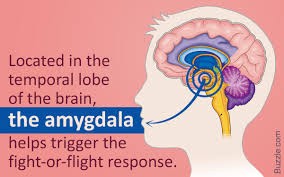
The amygdala processes information much faster than you become conscious of it. Unfortunately, it is also wired to identify scan for threats, and it?s information, while processed quickly, is often inaccurate as a result. It has a tendency to overstate threats and force us to fear. Fear clouds judgement. If fears are often overstated or unwarranted then we will shy away from events that would have, if we had gone ahead with them, moved us closer to our goals.
To blunt the negative effects of the amygdala, slow down and let your prefrontal cortex catch up! This will be familiar to readers of Daniel Kahneman?s work on systems 1 and 2 thinking.
Testosterone

One for the single lads: Heterosexual women prefer the smell of high testosterone men (so Google ?how to boost your testosterone? now.
Warning for the single guys who are probably already Googling away, testosterone boosts impulsivity and risk-taking, making people do the easier thing when is the dumb-ass thing to do.
Context Matters
If you?re ever a defendant in court, try and get a sitting after the judge has returned from lunch. Hungry people are less charitable. In a study of more than 1100 judicial ruling prisoners were granted parole at about a 60% rate when judge?s had recently eaten and at essentially a 0% rate just before judge?s 8.
Context matters: If people are told that a drug has a 95% survival rate doctors are more likely to approve it then when told the drug has a 5% death rate.
Identification with a group matters: Asian American women who took a math test and were primed to think about their being women performed worse at math than men but when they were primed to think about being Asian beforehand they performed better.
The bystander effect: The more people present during an emergency the less likely anyone is to help. This is because we think that there?s lots of other people around so someone else will step forward. The bystander effect does occurring on dangerous situations, where the price of stepping forward is inconvenience.
Oxytocin
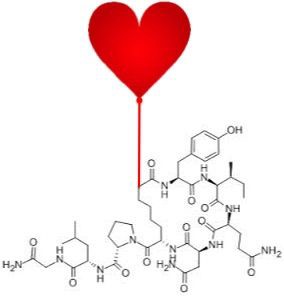
Oxytocin, the love hormone, makes us more prosocial to us and worse to everyone else. In other words, oxytocin is dramatically dependent on context, who you are, your environment, and who that person is.
Stress = Good
Stress can be good: What do we call that optimal amount of stress? Being engaged, engrossed, and challenged. Being stimulated. The complete absence of stress is aversively boring. Moderate, transient stress is wonderful.
Children

Adolescence is characterized not only by more risk taking but by more novelty seeking as well.
What do children need from their mother?s? Love want affection responsiveness stimulation consistency and reliability. In their absence you get anxiety depression.
Monkeys abuse by their mothers are more likely to become abusive mothers.
Lots of adversity and the amygdala becomes larger and hyperactive. Childhood adversity accelerates amygdaloid maturation in a particular way.
The importance of parenting in shaping a child?s adult personality is exaggerated. Once kids pass is surprisingly young age peers are most influential.
Parents can still play an important role by influencing what peer groups their kids experience.
DNA and Genetics
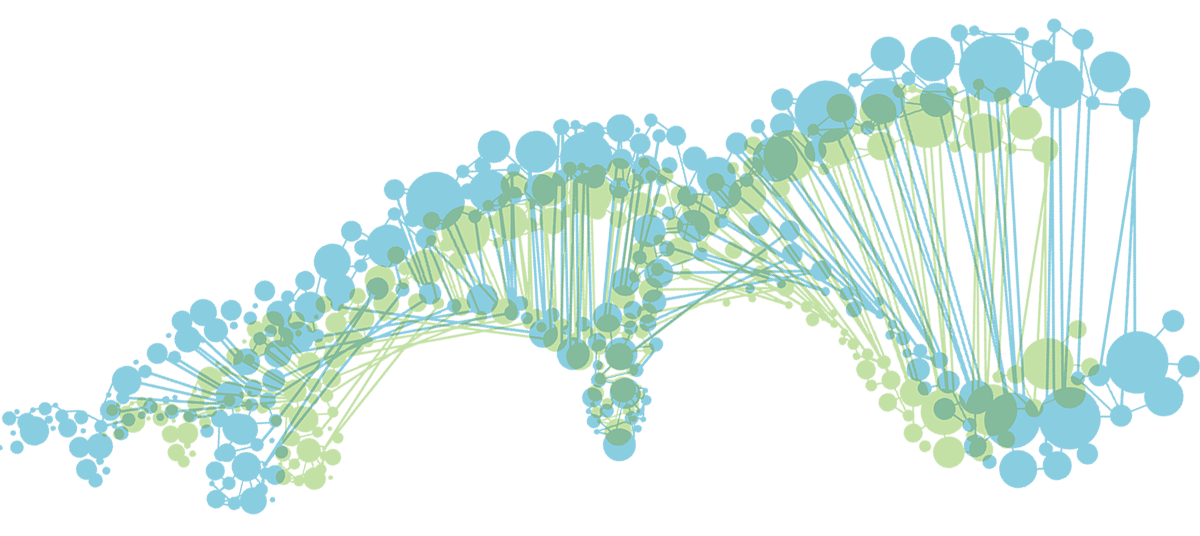
In a reductionist view, understanding something complex requires breaking it down into its components, understand those parts, and them together, and you?ll understand the big picture.
95% of DNA is non-coding. Genes are regulated by other incarnations of environment. In other words, Genes don?t make sense outside at the context of environment.
Behaviour genetics
A twin a pair of boys were born in Trinidad in 1933 to a German Catholic mother and a Jewish father. The boys were 6 months of age when the parents separated. The mother return to Germany with one side and the other amazing Trinidad with the father. The German boy would go on to be a member of the Hitler Youth. Reunited and studied by psychologists they got to know each other, discovering numerous shared behaviuoral and personality traits including flushing the toilet before use.
Culture

Culture is that complex whole which includes knowledge, belief, up, morals, law, custom, and any other capabilities and habits acquired by man as a member of society. Culture is on the list of explanatory factors for behaviour.
Culture is about ideas and symbols rather than mere behaviours in which they instantiate.Remarkably consistent finding starting with elementary school students is that males are better at math than females. While the difference is my know when it comes to considering average scores there is a huge difference when it comes to math stars at the upper extreme of distribution. 1983 for every girl scoring in the highest percentile on the SATs there were 11 boys.
The more gender-equal the country the less of a discrepancy in maths scores. In other words, culture matters.
With ethnic Island size varying from roughly 20 to 60 km in diameter, they identified the spots theoretically most rifle violence, remarkably this predicted the sites of major fighting and massacres in the Yugoslavian war.
Love & Marriage

Cue ?Married With Children? theme song. We aren?t classically monogamous or polygamous. As everyone from poets to divorce attorneys can a test, we are by Nature profoundly confused, mildly polygamist floating somewhere in between.
The most common cause of individual human violence is male to male competition for direct or indirect reproductive access to females. And then there is the dizzyingly common male violence against females for coercive sex or as a response to rejection. A child is far more likely to be abused or killed by stepper then by parent.
Cultural Evolution
Captive silver foxes were bred for their willingness to be in proximity to humans and within 35 generations the fox?s work team and you could cuddle them in your arms. Interestingly the opposite has occurred in Moscow which has a population of 30000 feral dogs dating back to the 19th century. Most Moscow dogs and now descendants of generations of feral dogs and overtime have evolved to a unique pack structure, to avoid humans, and no longer wag their tails. In other words their evolving into something wolf like.
Us and Them
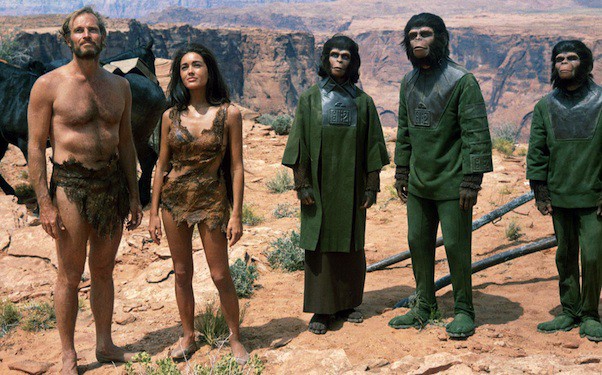
During the filming of the movie Planet of the Apes during lunch time the people playing chips and those playing gorillas eat in separate groups.
There are two kinds of people in the world those who divide the world into two kinds of people and those who don?t, Robert Benchley. There are more of the first. And it is vastly consequential when people are divided into us and them, ingroup and outgroup, the people and the others. Is there hope that human clannishness and xenophobia can subside so that Hollywood extra chimps and gorillas break bread together?
50 millisecond exposure to the face of someone from another race activate the amygdala. Similarly the brain groups Faces by gender or social status at roughly the same speed. People preferentially allocate resources to Anonymous in group individuals. Arbitrary conspicuous genetically based trades.
We feel positive associations with people who share the most meaningless traits with us.
Not only is mimicry pleasing and activates the mesolimbic dopamine but it also made subjects more likely to help the researcher pick up the dropped pin. You can use this in sales.
Show an infant a picture of someone repeatedly she looks at it less each time. Not sure different face if she can?t tell the two apart she barely glances at it. But if it?s recognised as being you there?s excitement and longer looking. We naturally seek novelty.
Consider Rudy Giuliani who grew up in Brooklyn in an Italian-American enclave dominated by organised crime. Juliana?s father have time for armed robbery and then worked for his brother-in-law a mob loan shark. Julianna Rose to National prominence in 1985 as the attorney prosecuting the five families in the market commission trial effectively destroying them. He was strongly motivated to counter the stereotype of Italian American as synonymous with organised crime. He said that and if that?s not enough to remove the mafia prejudice then they probably could not be anything you could do to remove it. If you want someone to prosecute mafiosi with tylers intensity, get a proud Italian-American outraged by the stereotypes generated by the Mob.
Cooperation between groups flourishes when there are uncertain number of rounds to play.
During World War 1 it took all of one day for British vs German to be subordinated to something more important, all of us in the trenches versus the office is in the rear who wants us to go back to killing each other. This is in reference to her Christmas Day truce where soldiers from both sides spent the day singing praying partying and playing soccer as well as exchanging gifts.
Ho Chi Minh rejected the offer Chinese troops on the ground during the Vietnam War saying that the Americans will leave in a year or a decade but the Chinese will stay for a thousand years if we let them in.
Social dominance orientation measures how someone values Prestige and power and right wing authoritarianism measures how someone values centralised authority. Hi sdo individuals through the greatest increase in automatic prejudices when feeling threatened.
Stress = Bad
Stress can be bad for you. We no longer died of smallpox all the plague and instead die of stress related diseases of lifestyle like heart disease or diabetes or damage slowly accumulates over time.
Social Status and Political Persuasion
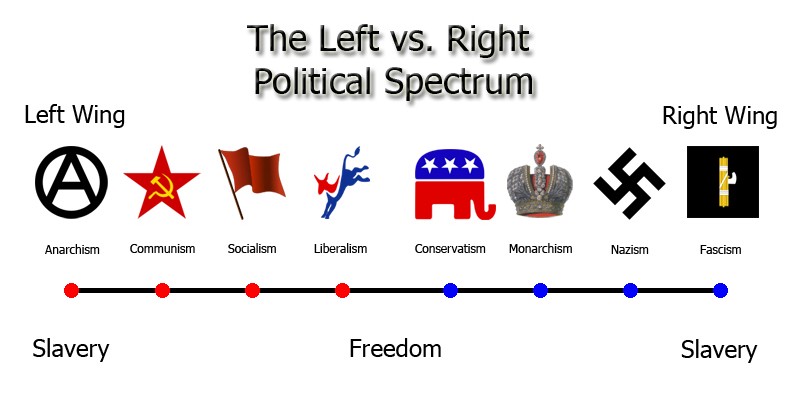
We?re intentionally interested in and adept at spotting rank differences.
14 seconds is all we need to reliably distinguish between the dominant face and a subordinate one.
Starting with theodor adorno 1950 years people have suggested that lower intelligence predicts adherence to conservative ideology. More consistent has been a link between low intelligence and a subtype of conservatism namely right wing authoritarianism a fondness for hierarchy. Right wing people are relatively uncomfortable intellectually with ambiguity Leftists will think harder and have a greater capacity for what the political scientist Philip tetlock calls integrative complexity.
In one study conservatives and liberals when asked about the causes of poverty with candid toward personal attributions such as lazy, but only if they are to make snap judgements. Give a more time liberals shifted towards situation or explanations however conservatives start with their gut and stay with their gut, liberals go from gut to head.
Increasing cognitive word makes liberals more conservative. The time pressure of snap judgements is a version of increased cognitive load. Likewise people become more conservative when tired in pain or distracted with a cognitive task or when blood alcohol levels rise.
In a study of more than 1100 judicial ruling prisoners were granted parole at about a 60% rate when judge?s had recently eaten and at essentially a 0% rate just before judge?s 8.
Liberals believe that our best days are ahead of us where is conservatives view our best days is behind us. (?make America great again?)
Group Identity / Belonging
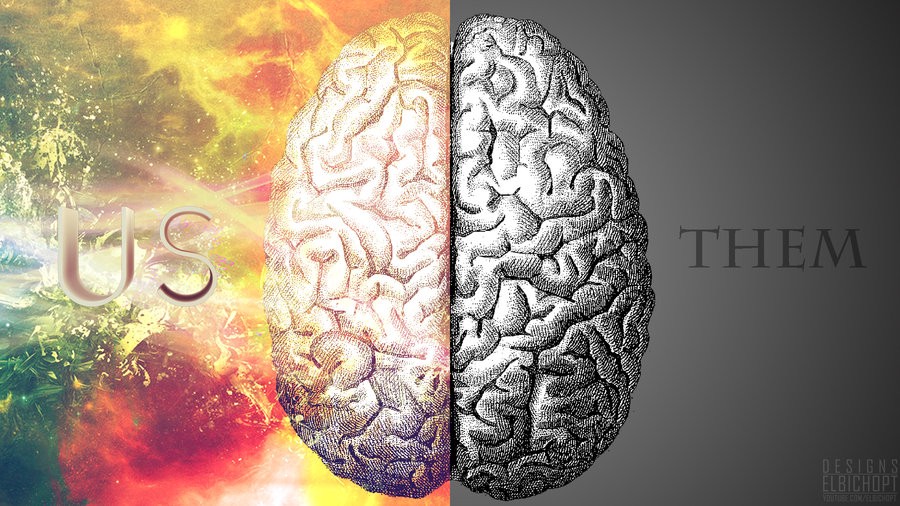
Finding out there everyone disagrees with you activate something in your mind that tells you that you?re different and that being different = being wrong. The greater the activation of the circuit the greater the likelihood of changing answers to confirm. This has to do with engagement in the emotional the vmPFC.
Bad barrel theory: the issue is not how a few bad Apples can ruin the whole barrel it?s how about barrel can turn any apple bad.
On the bright side, some apples, even in the worst of barrels, do not go bad.
The first is the persuasive power of the incremental. You were ok shocking the guy with 225 volts but not with 226? That?s the logical.
Virtue Ethics = emphasis on the actor
Deontology = emphasis on the act
Consequentialism = emphasis on the outcome.
We reach our best long-term strategic consequentialist decisions when we engage both reason and intuition, amygdala and dlPFC. Data + gut = best decisions.
The dlPFC gets you to do the hardest thing when it?s the right thing to do.
Ironically, human strong proclivity for imitation can have a downside. You want study chimps and children observing adult human repeatedly accessing a treat inside a puzzle box. Crucially, the person added various extraneous movements. When exploring the box themselves afterward, chimps imitated only the steps needed to open it, where is kids over imitated, copying the superfluous gestures as well.
Josh Greens is tragedy of the commons versus tragedy of the common sense of morality were acting morally towards an ass is automatic while doing so for a them text work.
Quote: Mother Teresa ?if I look at the mass I will never act. If I look at the one I will?
And they become less generous and empathic. In a 2014 article titled against empathy, Paul Bloom explored the ways in which empathy can lead to compassionate acts that are far from ideal. There is the realm of what has been termed pathological altruism the type associated with codependency. It?s not great if a parent and so vicariously distressed by the child being distressed that they forgo vaccinations. A large piece of the training of healthcare Professionals is teaching them to keep empathy eBay. Bloom also emphasizes how highly about empathy pushes us towards psychologically easy acts that generate the least cognitive load.
In 2015, Tavern Price, a mentally challenged 19 year old was killed by gangbangers in Los Angeles for wearing red shoes, a rival gang?s colour. His dying words in front of his mother were ?mummy please I don?t want to die honey please?.
When people cheat or do bad things they often wash their hand or have a shower to feel better afterwards. Washing decreases and emotional arousal as it decreases the diameter of subjects pupils.Washing your hands to absolve yourself of your sins is known as the Macbeth effect.
Dehumanisation and pseudospeciation are the tools that propagandists use to pedal hate. Their tools used to making them seem disgusting to make them seem like rodent has cancer as transitional species to make them as reading Lee malodorous as living in hives and chaos that to normal human would.
Free Will
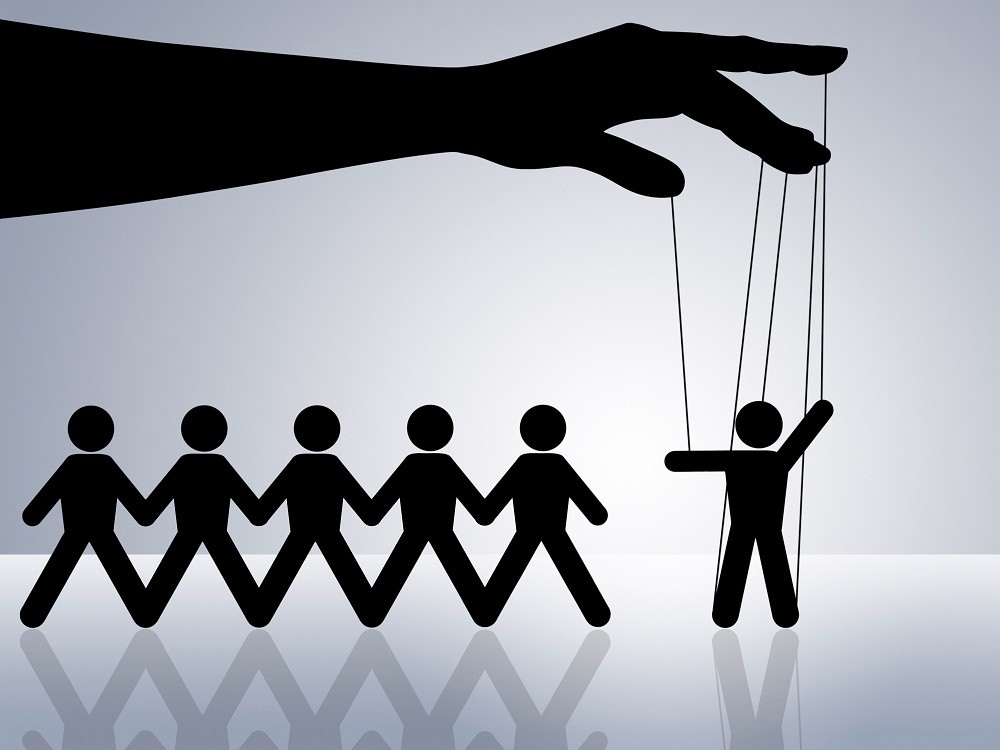
Sapolsky?s interpretation of Free Will.
There?s the brain-you?re on synapses neurotransmitter receptors brains Pacific transcription factors epigenetic effects dreams transpositions during your agenesis. Aspects of brain function can be influenced by someone?s prenatal environment the genes and hormones whether their parents were authoritative or their culture egalitarian and whether they witnessed violence in childhood and when they had breakfast. It?s the whole shebang.
And then separate from that in a concrete bunker tucked away in the brain fits a little man, the homunculus. The homunculus makes decisions. The homunculus is in your brain but not of it, operating independently of the material rules of the Universe that constitute modern science.
?Free will is an illusion but you?re still responsible for your actions.?
Our capacity for free will move to the forefront with decisions that are slow and deliberative where is biological factors May push free roadside in Split second decision situations. The frontal immaturity of the adolescent brain is more pertinent to split second issues of Impulse control and to slow deliberative reasoning processes. Or in a mitigated freewheel framework rapid fire and pulses behaviours can occur while homunculus has gone to the bathroom.
Your brain decides to move before you even aware of it. How can you claim to have chosen to move with the Cascade of neural signalling, nating in movement started before you consciously chose?
You must be so smart this you must have worked so hard when you praise kids for working hard they tend to work harder the next time show more resilient enjoy the process more and become more likely to value the accomplishment. Press kits for being smart and the opposite occurs. When it becomes all about being smart if it becomes seem to be suspect and beneath you-after all if you?re really so smart you shouldn?t have to work hard.
Steve Pinker failed to take things one logical step further in his book Enlightenment Now. He didn?t correct for different durations of events. He compares the half-dozen years of World War 2 with 12 centuries of the middle age slave trade! When correcting for duration as well as total world population the top 10 most violent wars now include World War 2, World War 1, the Russian Civil War now and another 20th Century event that didn?t even make Pinker?s original list, the Rwandan genocide.
Religion

Fascinatingly over the last century Scandinavian countries develop their and latent and far-reaching system of government to support people social needs, religiosity their plummeted dramatically; today only a small minority of Scandinavian set the value religious. So really geocity may not be as robust in the future as one would think. As secular institutions become better caring for people?s need religiosity the clients. Probably more important, this is a good demonstration their religion sure isn?t the only route for highly inclusive in group prosociality.
Irrational optimism can be great; it?s why 15% instead of 99% of humans get clinically depressed.
Oi!

Footage of football hooliganism shows that few people are actually fighting. Most are on the sidelines watching or running around like agitated headless chickens.
Fear of War
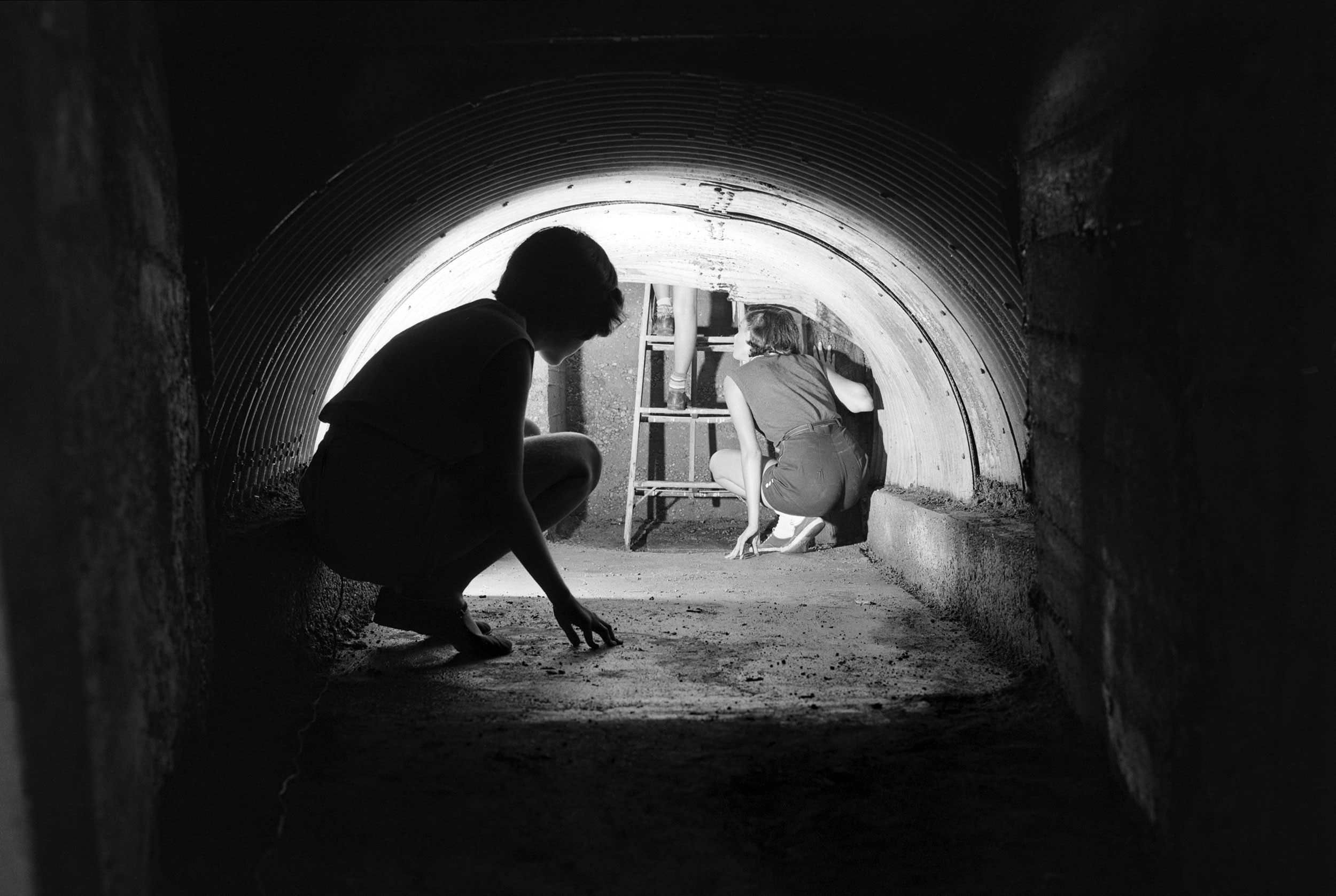
Of the almost 27,000 single load Musket recovered from the field at the Battle of Gettysburg almost 24,000 of them were loaded and unfired; 12,000 loaded multiple times. In the heat of the the battle most men would load, tend to wounded soldiers, run away or wonder in a daze. Similarly in World War 2 only 15 to 20% of Rifleman ever filed their guns. When they did fire it was for their comrades, not for the cause.
Pilots of autonomous drones sitting oceans away still get PTSD by watching what they are doing from a far. Therefore one does not need to be personally in danger to develop PTSD. The deepest trauma is not the fear of being killed it?s doing the close-up individuated killing ? watching someone for weeks and then turning him the colour of the ground.
Sapolsky leaves us with these words of caution.
Those who cannot remember the past are condemned to repeat it.


